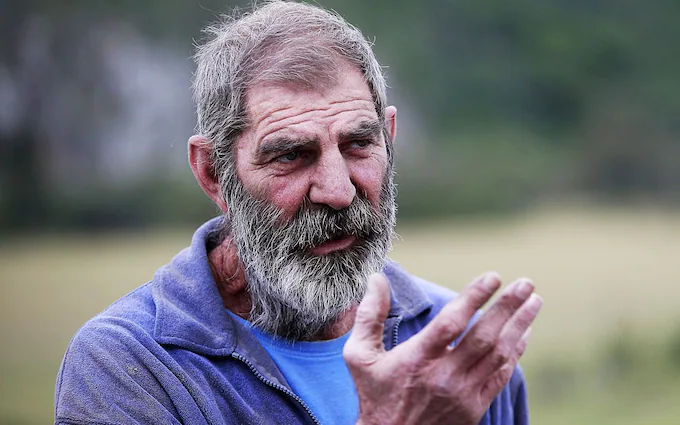Facebook Twitter (X) Instagram Somali Magazine - People's Magazine
Louis van Schoor, the former security guard notorious for targeting and killing black individuals during his tenure in the 1980s and early 1990s, has died in prison. Van Schoor, who was serving a life sentence for seven murders, passed away last week, but his death has reignited demands for justice and accountability in South Africa.
Background of the Mass Killer Louis van Schoor’s Crimes
Van Schoor, employed as a security guard during the apartheid era, was convicted of murdering seven black individuals. He claimed self-defense, asserting that he was protecting properties from theft. However, investigations and court proceedings revealed that his actions were racially motivated, and he was found guilty of premeditated murder.
Mass Killer Louis van Schoor’s Life Sentence and Death in Prison
In 1992, van Schoor was sentenced to life imprisonment for his crimes. He spent the remainder of his life behind bars, passing away from natural causes at the age of 71. Despite his death, the legacy of his actions continues to haunt the victims’ families and the broader South African community.
Ongoing Demands for Justice
Van Schoor’s death has sparked renewed calls for justice, with many arguing that his life sentence was insufficient given the gravity of his crimes. Human rights groups and families of the victims are advocating for a more comprehensive acknowledgment and redress of the racial violence perpetrated during the apartheid era.
Reactions from the Community to the death of Louis van Schoor’s
Reactions to van Schoor’s death have been mixed. Some see it as the end of a dark chapter in South Africa’s history, while others feel that true justice has not been served. “The pain and trauma inflicted by Louis van Schoor’s actions cannot be erased by his death,” said Nomsa Dlamini, a spokesperson for a victims’ advocacy group. “We need to continue to push for recognition and reparations for all those affected by apartheid-era crimes.”
Historical Context and Broader Implications
Van Schoor’s case is emblematic of the widespread racial violence and systemic injustice that characterized apartheid South Africa. His actions and subsequent conviction highlighted the brutal realities of the time and the long-lasting impact on the nation’s psyche. The persistence of calls for justice reflects the ongoing struggle to fully address and heal from the atrocities committed during that period.
Conclusion
While Louis van Schoor’s death marks the end of his personal chapter, it does not close the book on the need for justice and reconciliation in South Africa. The continued demands from victims’ families and human rights advocates underscore the importance of acknowledging past wrongs and striving for a society where such atrocities are not forgotten but are lessons for a more just future.

